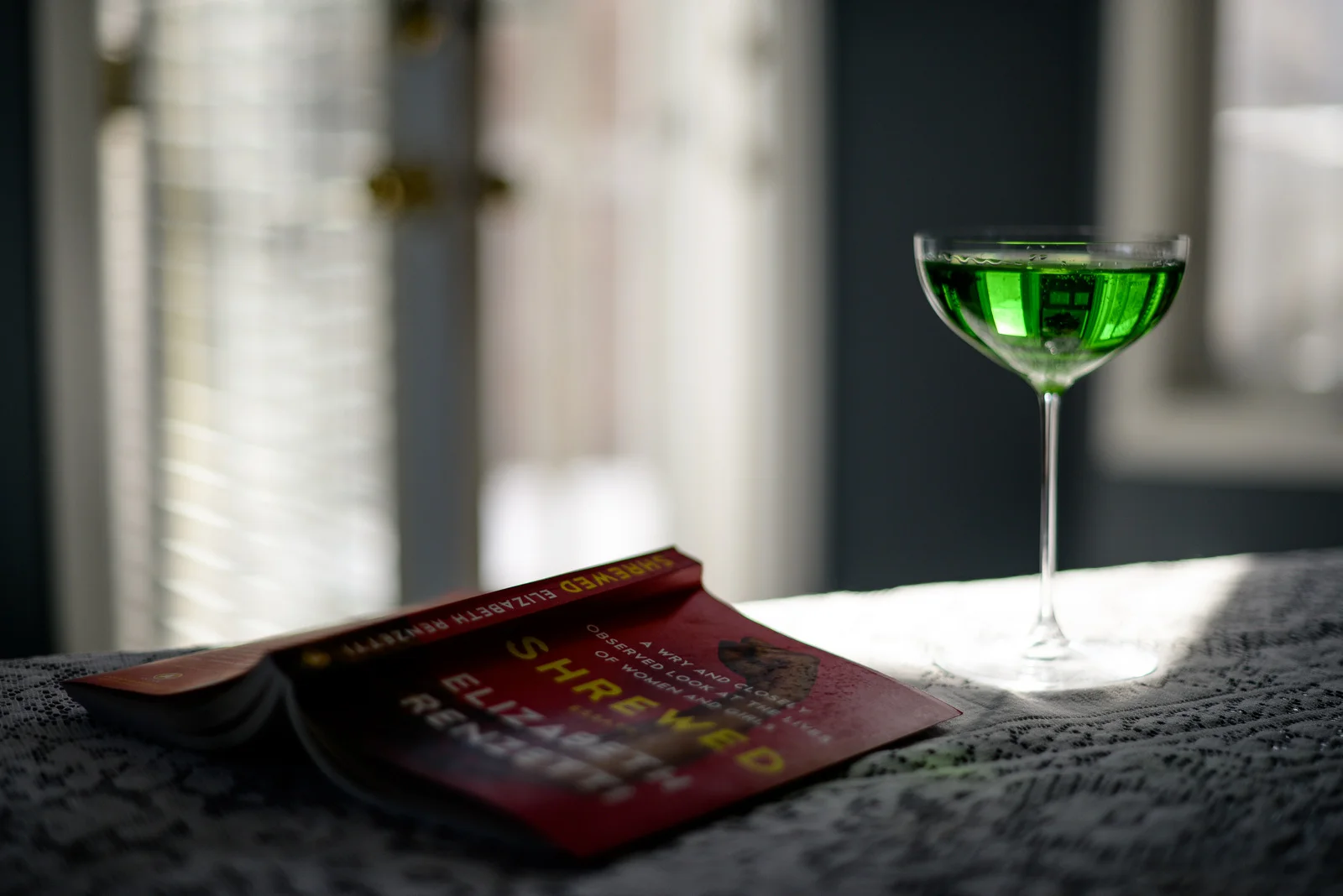Renzetti and Robinson
Sometimes the universe will cause two very different books to drop in your lap at the same time. I recently read Elizabeth Renzetti's Shrewed followed by Marilynne Robinson's What Are We Doing Here? Both are books of essays, both are concerned with what is happening in this messed up chaotic world of ours right now. Beyond that the books, I can safely say, are quite different. I would also say that they are complementary in some interesting ways. There is a passion and liveliness and years of deep thinking in each. They both reference the current state of politics. Is it even possible to write a book of essays in this current moment without doing so?
I sat and read Shrewed (which was recommended by Kerry Clare of Pickle Me This fame) in a couple of sittings. It's topical, conversational, funny, withering, incisive. Renzetti is Canadian and writes about what it is to be a woman in the 21st century. Really, this book is a page turner about feminism. She has me from the first essay where she talks about how “the voice in your head is an asshole.” I remember once saying something in passing about that rotten voice in my head to a guy, and he acted as though I'd said something completely weird, and joked about how I should go have my head examined. Okay. But in Renzetti's essay, she talks about that voice and how it urges you not to try for a job or a promotion and it's there after you've given a presentation, for example. She says, “I will find myself on the streetcar, lost in a reverie, and suddenly I will think of a foolish thing I've said to someone, or a sentence I could have written more sharply, or a question I asked that drew a frown, and the asshole in my head lets fly, and out it comes: “moron,” I'll mutter to myself, sharply.” She notices people staring and imagines a day where she will “turn to the woman next to me and say, “It was just the voice in my head. It's an asshole.” And she will nod and say, “Mine, too.””
In the introduction, Renzetti, after going through the list of terrible events of the last year or so, tells us: “I don't believe in God, though, so I don't even have that for comfort. I used to believe in the essential rationality of the human project, but my faith in even that has been shaken over the past year. However – because my glass is always half full, usually with whisky – I look around and see that there are wonderful women out there doing the hard work of social justice.” Well, Renzetti is herself one of those wonderful women, and I for one am grateful.
Marilynne Robinson is the author of some of my all-time favourite novels. If you haven't read Housekeeping or Gilead or Lila....well, you should. While I've read through the essays once, I truly need to read them several more times. Filled with deep thinking, her work is theological, philosophical, political, and it requires multiple readings. At least for me. I'm willing to work through her essays though because I know I'll be rewarded. Her background is not my background. I'm not at all steeped in religious thought. Nor am I American, though these days I think most of us in Canada follow American politics as closely as we do our own.
While Renzetti's essays are conversational, Robinson's are more ceremonial, which makes sense since many of them were originally presented as lectures. The question, what are we doing here? first comes up as she asks, “What are we doing here, we professors of English?” She talks about the “fundamental slovenliness in much public discourse” and earlier has said, “This country is in a state of bewilderment that cries out for good history.”
Like Renzetti, Robinson is also preoccupied with the events of the last year. She talks about Obama, meeting him. Her essays are steeped with history and religion, neither of which are subjects I'm terribly well versed in, but which I'm grateful to have interpreted by Robinson.
Part way into the book is an essay that stopped me. It's titled “Grace and Beauty,” and in it she says, “Theologically, grace must include the fact that we have untried capacities to live richly in a universe of unfathomable interest, and that we can and do, amazingly, enhance its interest with the things we make. Isn't it true that we actually add things to the universe, the great plenum? And this is true, I would say, by the grace of God.”
In the same essay, Robinson makes a case for the “fundamental complexity of all things,” and she says that “The fact is that I have begun to feel both intrigued and comforted by the thought of everything we do not know, which is almost everything.” The depth and persistence of her thought is refreshing, something of an antidote to these poisonous times.
It's interesting to note that both Renzetti and Robinson talk about their mothers near the end of each book. Robinson's mother lived to 92 and was a devoted Fox News watcher, though it causes her considerable anxiety to do so. Renzetti talks about how she spoke to her mother, “progressive to the core” on the day of the US election about the chances of Clinton winning. Renzetti says, “I think she's going to win.” Her mother replies: “Mmmm,”...in the same tone she used to judge a dubious dress colour.” And this is the first moment of doubt she has at the outcome. I think it’s quite interesting that they both look toward their mothers at that horrible political moment and look at what’s happening through that lens.
While we happen to be living in chaos where truth has been abandoned, and the shallow prevails, both of these books renew my faith in the human project. They are anything but shallow and I will drink them up as an antidote to the times.
On a side note and speaking of essays, one of my own essays was published on the All Lit Up blog and I’d love it if you would have a look.








